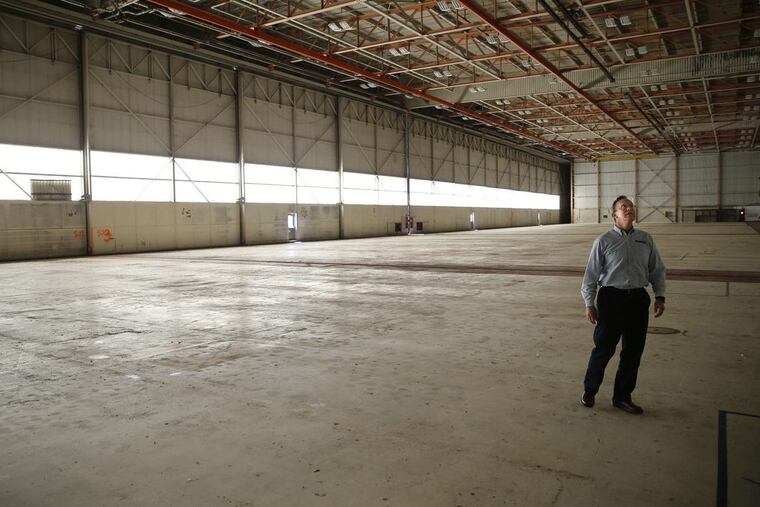Federal cash could go to cleanup of tainted water
A total of $70 million could go toward efforts to clean up water contamination caused by military bases.

The Pentagon would receive $10 million to carry out health screenings in communities where drinking water has been contaminated by military bases — like two in Montgomery and Bucks counties– under an appropriations bill amendment passed by the House on Thursday night.
The measure would be the military's first step toward the health tests, which residents and public officials have advocated to determine the possible effects of ingesting the little-known chemicals.
Under another amendment passed Thursday, the Navy and the Air Force would get $60 million to help address the contamination, which has shut off tap water for hundreds of thousands across the country, and caused headaches over remediation and debates about what level of chemicals are safe to drink.
In Bucks and Montgomery Counties, about 70,000 residents have contended with tainted water running from their taps. The military is now testing nearly 400 bases for the chemicals, known as PFOA and PFOS, and as of April had confirmed water contamination at or near more than 35 of those bases.
If approved by the Senate, the amendments would provide the first federal funding for a drinking-water crisis that has unfolded nationwide with discoveries that firefighting chemicals used at military bases have leaked into some public and private drinking-water wells.
The chemicals have been linked to certain cancers and other health problems, but scientists are still researching the relatively unknown compounds, and some disagree with the Environmental Protection Agency's health advisory level for drinking-water safety.
"There's understandably a lot of concern about levels of exposure and possible health implications, and these screenings are a way to address some of those concerns," said Rep. Patrick Meehan (R., Pa.), who authored the health-screening amendment. "But I've also believed that the cost of these screenings shouldn't come out of the pockets of the residents affected through no fault of their own."
Already, cleanup has cost tens of millions — with no ceiling in sight — and residents, advocates, and public officials have called for a more-concerted strategy from the military.
"This amendment is a critical next step in our effort," said Rep. Brendan Boyle (D., Pa.), who sponsored the $60-million measure. "This funding will enable the Department of Defense to give these families greater peace of mind when it comes to the safety of their drinking water."
The amendments, both also co-sponsored by Rep. Brian Fitzpatrick (R., Pa.), were tacked onto the House appropriations bill, which is expected to be taken up by the Senate after Labor Day. A provision included in May's government funding deal required the Pentagon to identify contaminated sites and establish a cleanup plan.